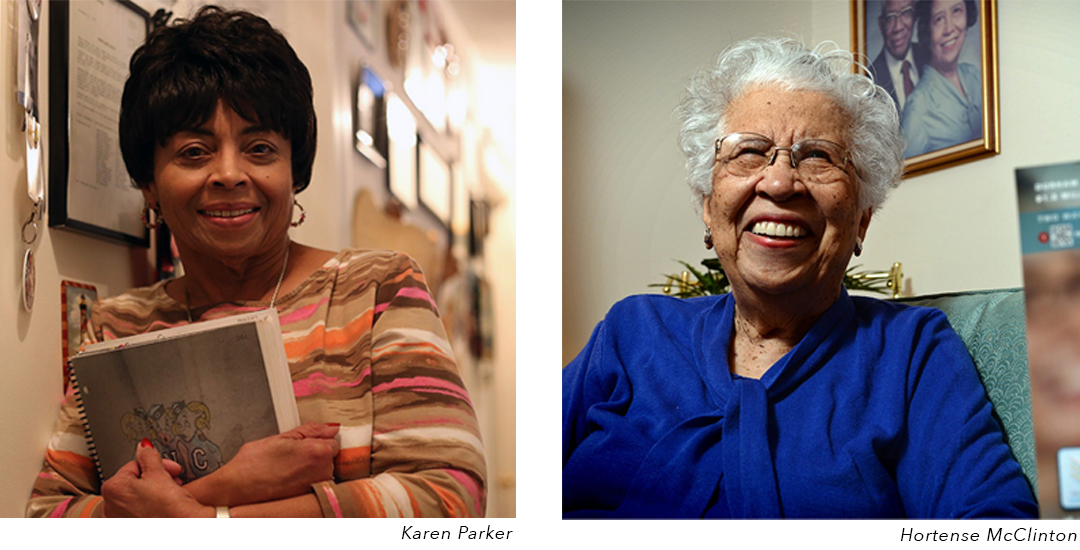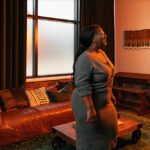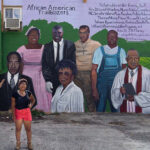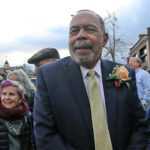As University of North Carolina Chapel Hill gets ready to welcome the Black Alumni Reunion to town on September 29, 2022, it’s a good time to be reminded of some of the pioneers who, in 1951, broke down barriers for the generations of students who followed. Their courageous examples moved UNC-Chapel Hill closer to the ideal of the University of the People.
Harvey Beech, James Lassiter, J. Kenneth Lee, Floyd McKissick and James Robert Walker enrolled in the UNC School of Law in 1951, following a court order that said the Law School must admit black students. They became the first African American students at Carolina. After they enrolled, other graduate and professional schools at Carolina began admitting African American students.
The same legal ruling that opened the door for Carolina’s first African American law students also made way for Oscar Diggs, in 1951, to become the first African American to attend Carolina’s medical school. Diggs graduated in 1955, becoming the first African American doctor of medicine from the University.
By the mid-1950s, black students were admitted to the College of Arts & Sciences.
THE FIRSTS
The 1951 court ruling was just the start of what would reshape the University of North Carolina at Chapel Hill to create a more inclusive campus, open to all. But more Tar Heels needed to continue paving the way and breaking down more barriers.
Meet the other firsts who helped shaped campus today.
In 1954, the U.S. Supreme Court reversed itself and outlawed all forms of segregation in public schools. The following year, the federal courts ordered that black undergraduate students be admitted to the University. The first three were Leroy Frasier, John Lewis Brandon and Ralph Frasier.
When Karen Parker arrived at the University of North Carolina at Chapel Hill in 1963, she was the first African American undergraduate woman to enroll at the University. At Carolina, she continued to fight for her rights while earning a bachelor’s degree in journalism.
In 1966, Hortense McClinton, who had been working as a social worker in Durham, began teaching in the UNC School of Social Work. When she started, she became the first African American faculty member to be hired at Carolina.





